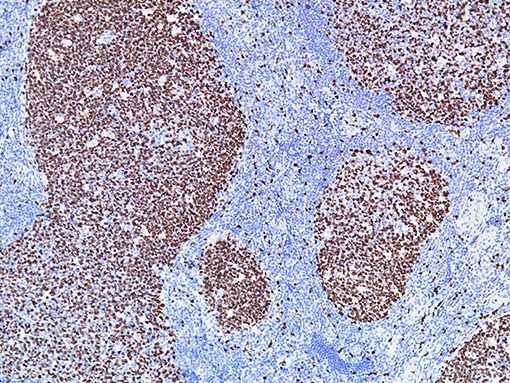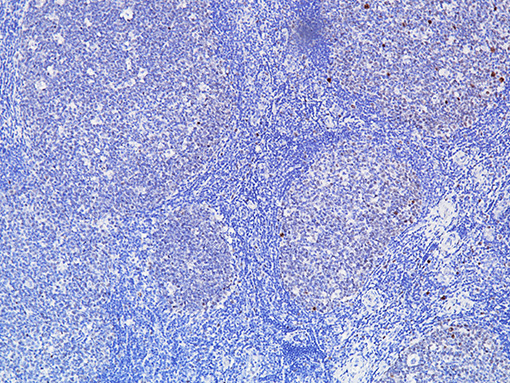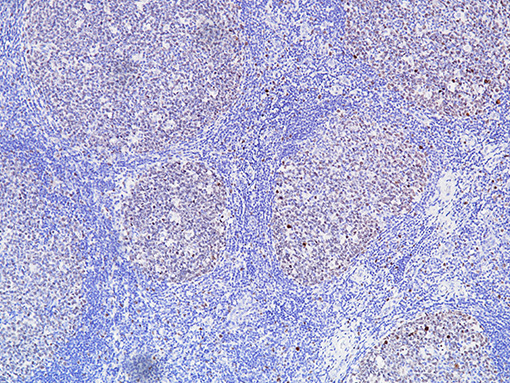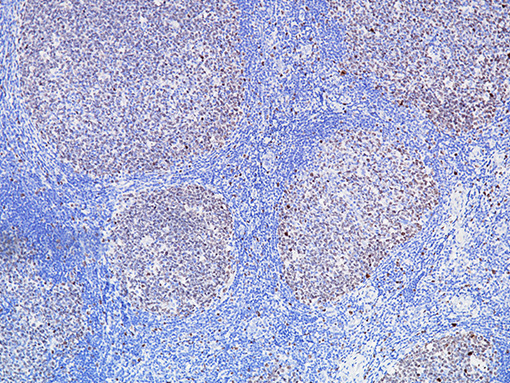A Comparative Study of HIER Methods: Online vs Offline Retrieval
The objective of this study is to examine the efficiency and effectiveness of heat induced epitope retrieval (HIER) when performed on a fully automated instrument using single-sided application of a heating element and topical dispense of retrieval buffer solution, commonly referred to as online retrieval, in comparison to offline HIER via the conventional pressure cooker method.Slides from 20 different IHC markers were retrieved both online and offline before undergoing IHC staining using identical staining protocols. Online retrieved slides were retrieved at intervals of approximately 30, 60, and 90 minutes of time to find the minimum threshold to replicate staining quality. The stained slides were then graded through a blind review, and the differences in staining quality scoring between HIER methods were compared. The study found that 75% of graded and scored experimental online HIER slides did not exceed the scores produced by the offline HIER slides under identical staining conditions. Of those 75% of cases, 50% of the online HIER slides scored lower than the offline HIER slide, even at extended retrieval times of up to 90 minutes. Online HIER scored higher than offline HIER only at increased retrieval times of an hour or more. These results demonstrate the limitations of online HIER on fully automated staining instruments when compared to methods of offline HIER performed in a pressure cooker in conjunction with semi-automated staining instruments.
Figures 1-4
Ki67 on normal tonsil showing a dramatic difference in staining quality between the offline HIER slide and online HIER slides. Figures 1-4 show decreased positive signal, with the Standard HIER (Figure 3) showing increased background.
Free White Paper Download: A Comparative Study of HIER Methods: Online vs Offline Retrieval




